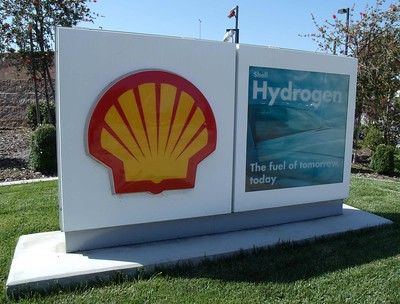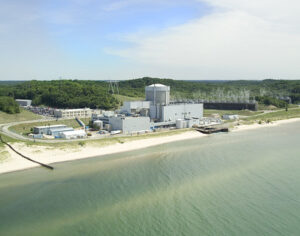Exciting news from Washington, DC, regarding a massive new energy investment in Southeast Michigan. The Department of Energy will invest up to $1B in hydrogen energy production, largely for commercial transportation applications.
Hydrogen energy production has been an interesting option for years because it has no tailpipe emissions that contribute to greenhouse gas accumulation. Additionally, there is a pathway to convert gasoline- and diesel-burning vehicles to hydrogen fuel.
The grant will finance construction of a fueling station near the new Gordie Howe Bridge in Southwest Detroit, as well as an installation in Flint. The project will provide more than 12,000 temporary construction jobs and 1,500 permanent jobs.
This is a huge call-to-action for Washtenaw Community College. I have written often about Michigan’s need to develop alternative energy capacity. This is an amazing opportunity, but it also requires a significant investment in WCC’s automotive program(s).
Hydrogen fuel for commercial transportation is likely to be an easier transition to clean energy than electric vehicle development. While manufacturers can make the case that electric vehicles are a proven technology, the reality is that current battery technology is not sufficiently developed to meet the power needs of commercial transportation. Additionally, the charging infrastructure needed to keep electric trucks on the road is also absent.
Beyond the charging technology questions, electric vehicles also have another challenge: unlike a conventional internal combustion engine that becomes more efficient as it heats up, an electric powertrain becomes less efficient the longer it runs. That makes an electric powertrain less appropriate for long-haul commercial transportation applications. Hydrogen-powered vehicles would share the efficiencies of gasoline- and diesel-powered vehicle designs.
It’s been a long time since WCC has made a major investment in new occupational education programs. To train workers in hydrogen fuel technologies will require investments in the facilities, curriculum, and instruction. For some reason, the current administration seems to have gone all in on transfer programs and certificates, instead of investing in degree programs that will lead to living wage employment.
This represents massive investment in infrastructure, vehicle technology, and logistics at a minimum. It will require a comprehensive response for this area to make the most of this opportunity. 1,500 new jobs is a lot, but the workforce requires adequate training to maintain and expand this industry.
As I have written about in the past, WCC’s administration has not made adequate investments in occupational and technical education programs. It’s time to demand a change in this approach. It is the only way our community will reap its extensive investment in Washtenaw Community College.
Photo Credit: haymarketrebel , via Flickr













